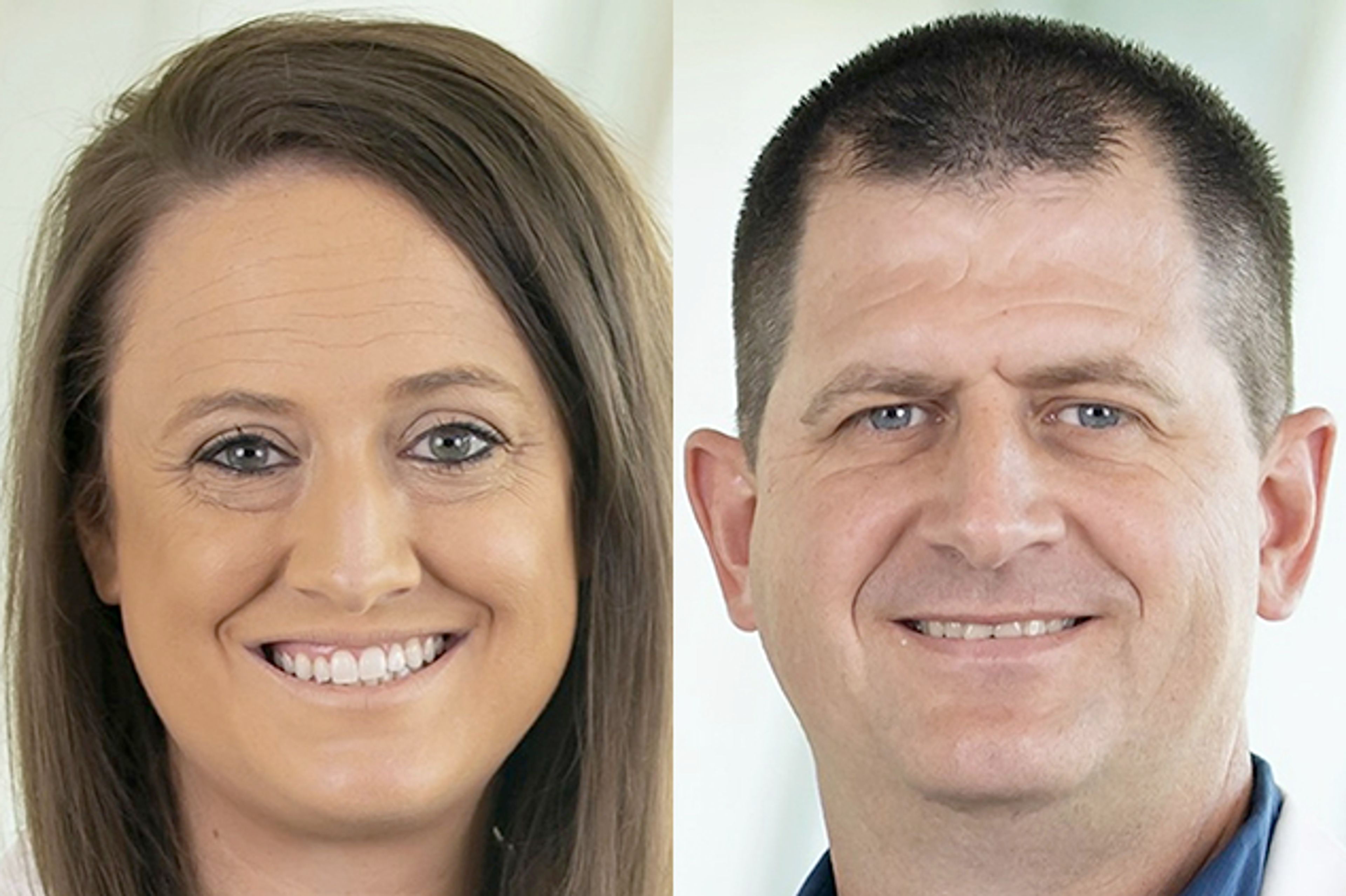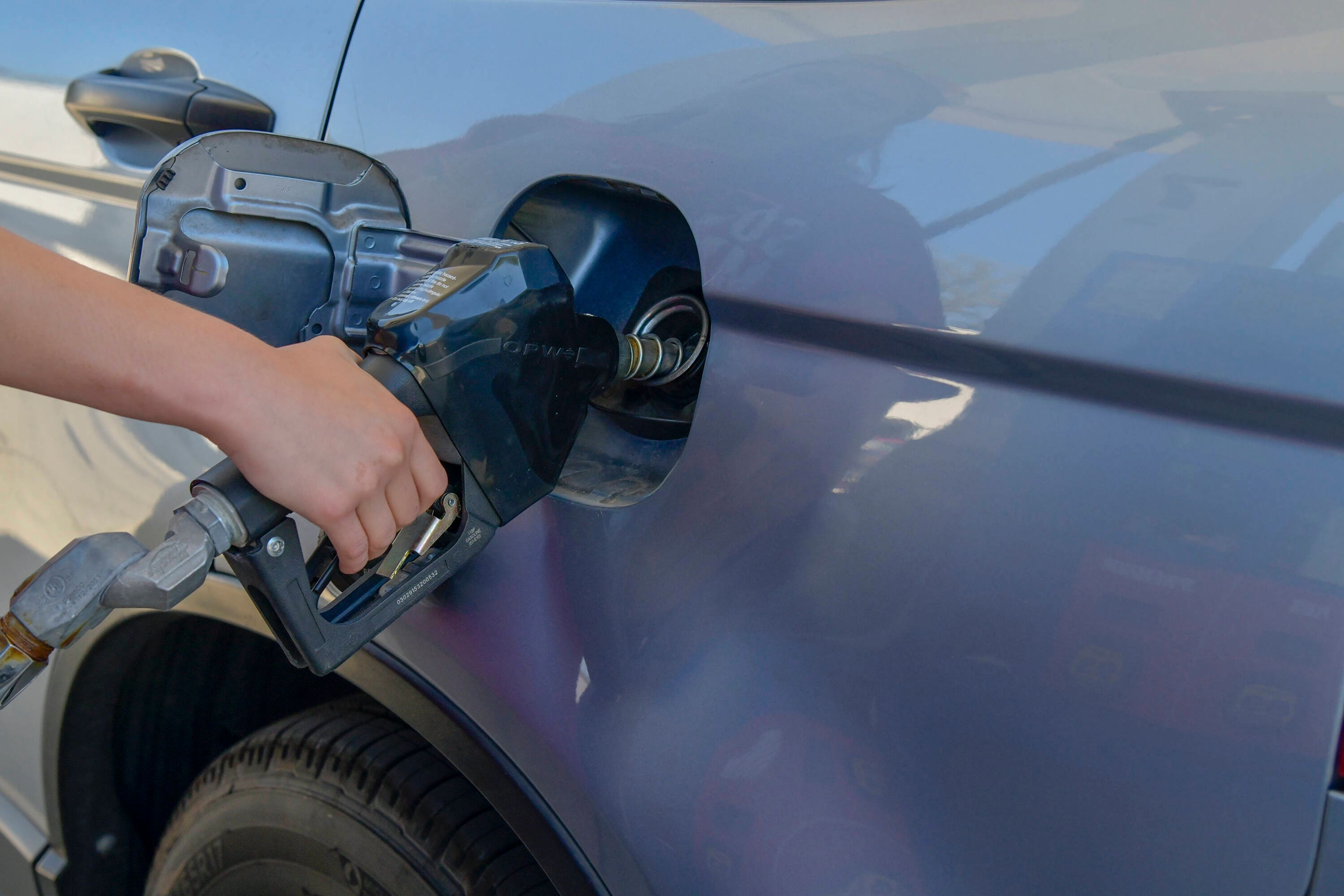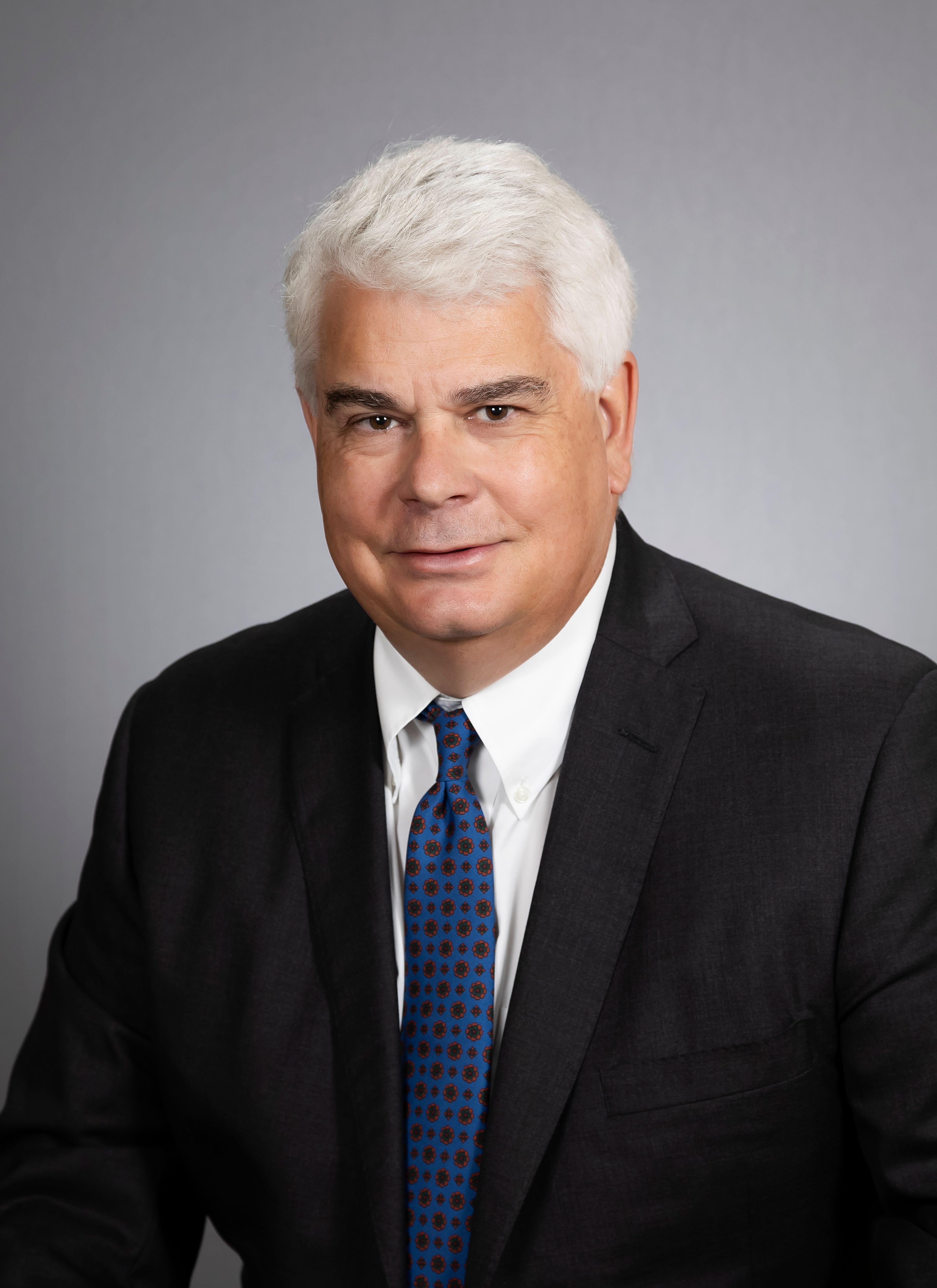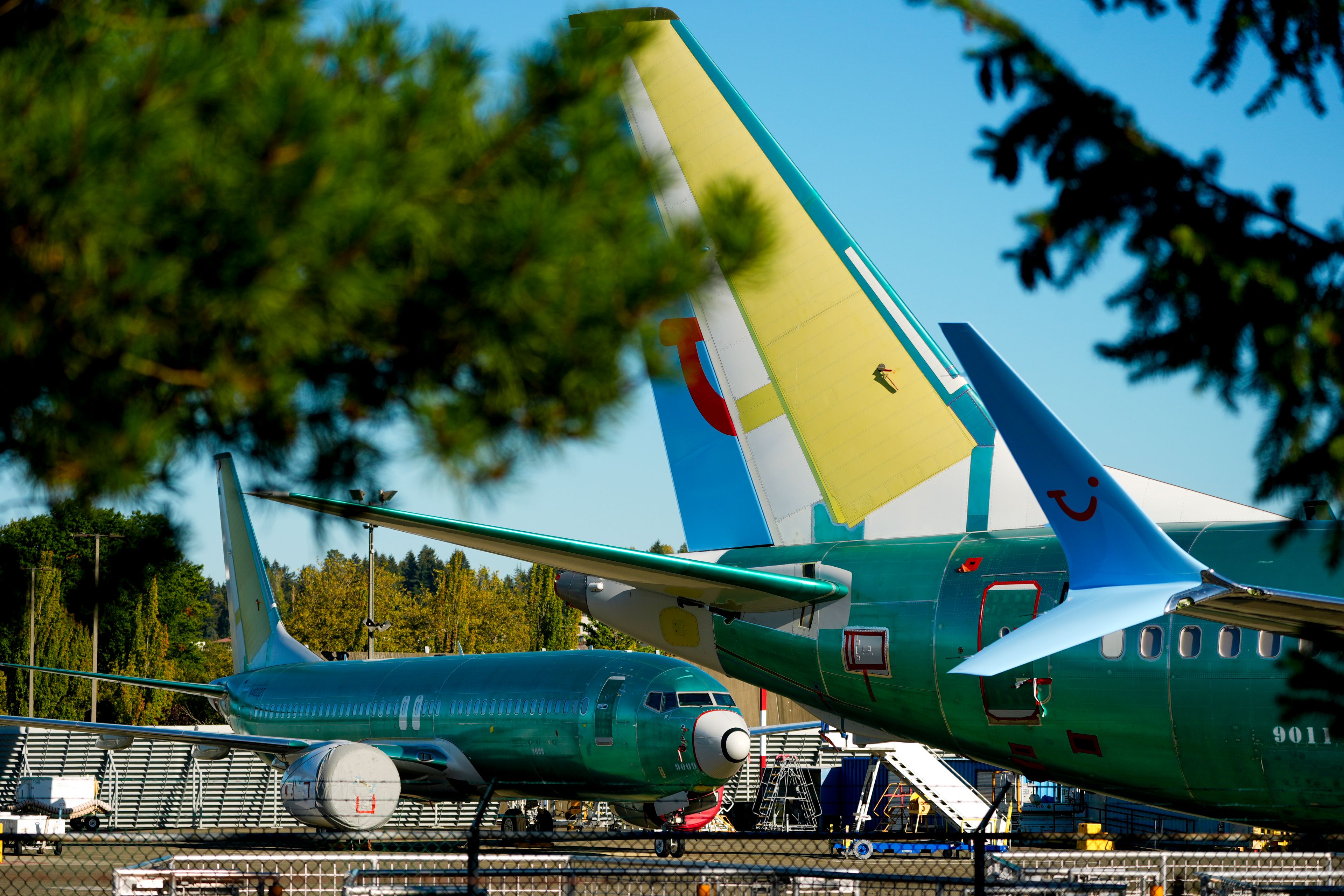Airlines' offers clues to economic recovery
NEW YORK -- Travel spending is often first to be cut from a family or corporate budget when the economy is hobbled, and the last to be restored when business is on the mend. As a result, economists have watched for rebounds in the airline industry as one way to detect when a fledgling economic turnaround firmly takes root. ...
NEW YORK -- Travel spending is often first to be cut from a family or corporate budget when the economy is hobbled, and the last to be restored when business is on the mend.
As a result, economists have watched for rebounds in the airline industry as one way to detect when a fledgling economic turnaround firmly takes root. That is still the case today, although the signs have become murkier in the wake of the Sept. 11 terrorist attacks, which damaged travel more than any other industry and left a legacy of fear that has kept many people out of the skies and close to home.
Most major carriers have a long way to go before they return to profitability. But the fact that passenger demand appears to be steadily improving since the dramatic dropoff immediately after the attacks is an indication that Americans might be feeling comfortable again about traveling for work and play.
Combined with the expectation that corporate losses will stabilize and consumer confidence will continue to hold up, market gurus consider this to be important evidence of a recovering, if anemic, economy.
"Things have definitely begun to improve," said Sherry Cooper, global economic strategist for Harris Bank of Chicago. "What we see is that the big decline in air travel has leveled off."
Airline executives said planes were 90 percent full during peak hours of the latest holiday travel period and preliminary results show December might be the third month in a row for which traffic improved on a month-to-month basis.
Travel has multiplier effect
Industrywide carrying capacity remains down about 16 percent and multimillion dollar losses are accruing daily, but the passenger demand trend is moving in the right direction, Cooper added.
"In a sense, it can be seen as a leading economic indicator because it is discretionary spending," she said.
In fact, airlines had been reporting quarterly losses long before Sept. 11 -- and several months before March of last year, when the recession officially started -- because of curtailed spending by business travelers. Economists say now this was a strong sign that the economy was grinding to a halt.
Transportation accounts for about 1 percent of gross domestic product yet the movement of people and products across the nation has a vigorous "multiplier effect" on the economy: Tourists spend money on hotels and rental cars, oil companies supply fuel to the airlines and manufacturers such as Boeing Co. get orders for new planes.
Still, a thorough reading of the travel industry tea leaves makes it obvious that this multiplier has been reduced by several factors.
The cheap airfares offered to leisure travelers have been matched by heavily discounted room rates at hotels, crimping profits for both carriers and lodging companies.
Cities that depend on tourism dollars, such as Las Vegas and Honolulu, have suffered disproportionately and will recuperate more slowly than others -- as will cities that are home to the country's biggest airlines, which combined have laid off some 100,000 employees.
Hunt for bargains
Perhaps the greatest detriment to major carriers -- and the strongest sign that a full-fledged recovery is not yet under way -- is that business travelers, extravagant with their budgets when times are good, continue to hunt for bargains.
Corporate travel managers say the management imposed belt-tightening of 2001 will remain in place for the foreseeable future. Large companies, such as tool maker Black and Decker Corp., trimmed their annual spending on flights, hotels and rental cars by as much as 40 percent.
Only when the broader economy improves will business travel return to more normal levels, said Mike Iswalt, an associate economist at West Chester, Pa.-based Economy.com.
"If businesses really start to see improved demand for their products, they're going to get their salesman back on the roads," he said.
Connect with the Southeast Missourian Newsroom:
For corrections to this story or other insights for the editor, click here. To submit a letter to the editor, click here. To learn about the Southeast Missourian’s AI Policy, click here.





